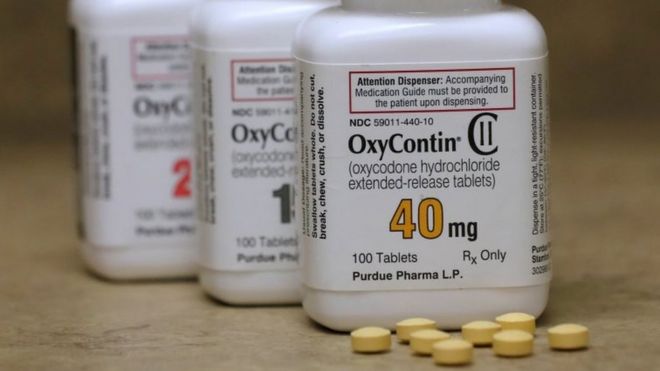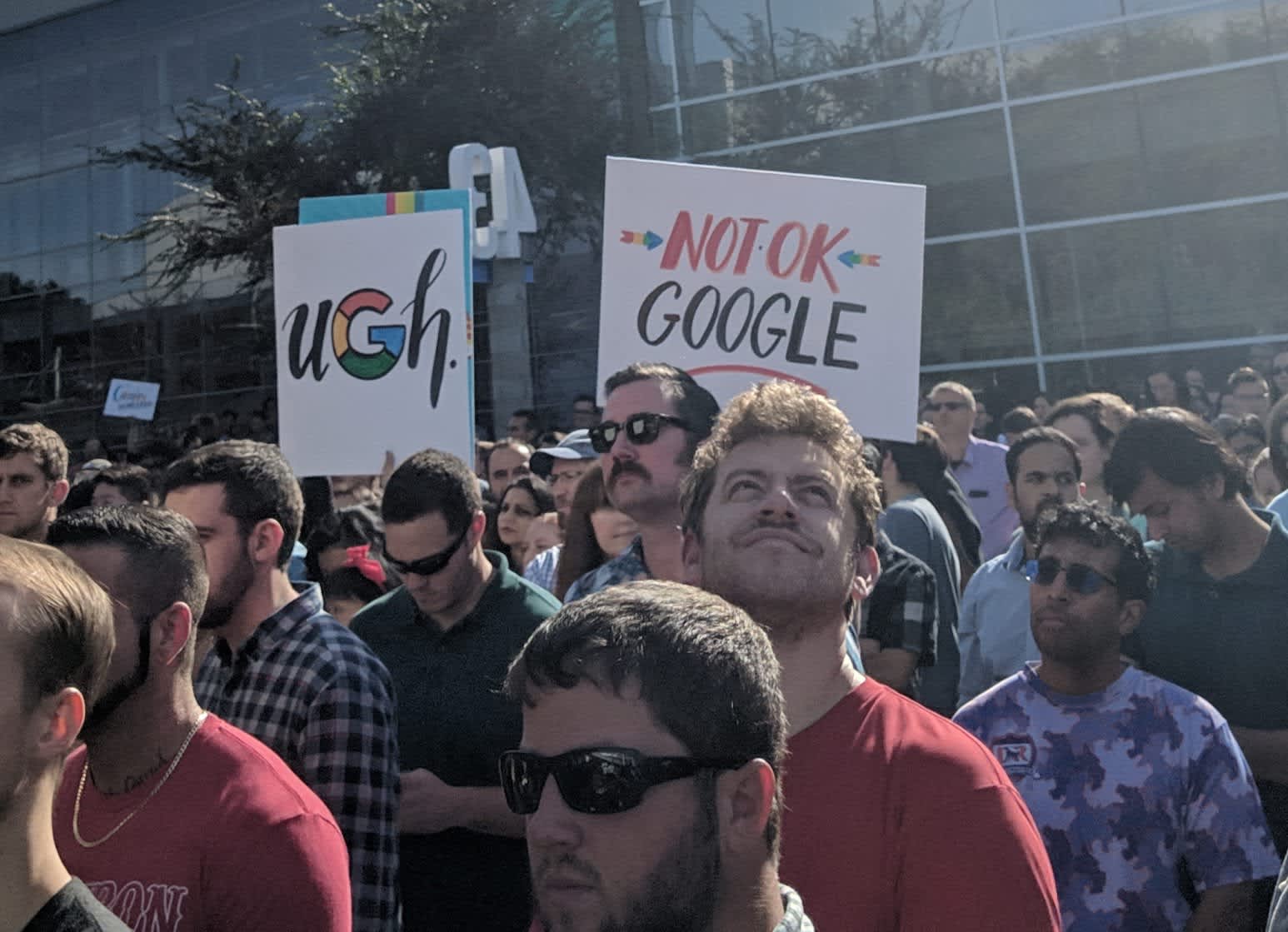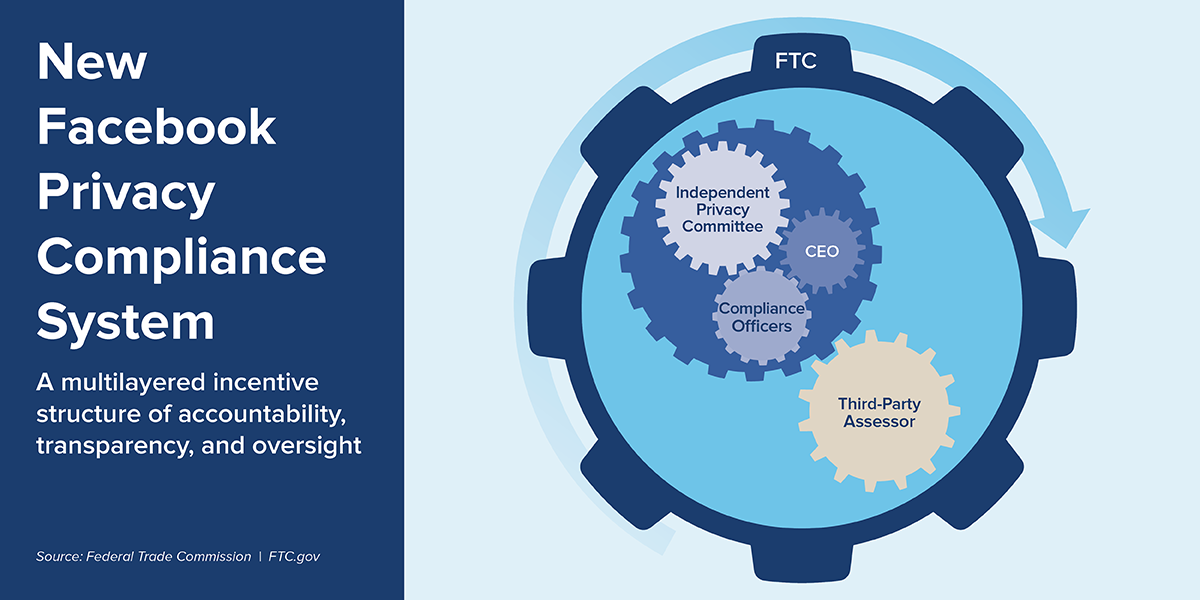
A new report from the Corporate Research Project of Good Jobs First on lawsuits filed by state attorneys general shows that the current cases against the drug companies and the tech sector are part of a long-standing practice of bipartisan cooperation in fighting corporate misconduct.
The report focuses on 644 cases in which AGs from multiple states took on companies over issues ranging from mortgage abuses to illicit marketing of prescription drugs and collected more than $100 billion in settlements over the past two decades.
These multistate cases are a subset of more than 7,000 state AG actions compiled for the latest expansion of Violation Tracker and now available for searching on the database.
In at least 260 multistate cases, a majority of the states signed on as plaintiffs. In 172 of the cases, 40 or more states participated. State AGs are split almost evenly between Democrats and Republicans, meaning that the cases with large numbers of state participants are necessarily bipartisan.
In 362 of the cases, the defendants were giant companies included in the Fortune 500 or the Fortune Global 500. The parent company with the most cumulative multistate AG penalties is, by far, Bank of America, with more than $26 billion in settlements over issues such as mortgage abuses and the sale of toxic securities. It is followed by the Swiss bank UBS ($11 billion), Citigroup ($8 billion), JPMorgan Chase ($6 billion) and BP ($4.9 billion).
The most frequent defendant has been CVS Health, which has paid out more than $215 million in 14 settlements, most of them involving the alleged submission of false claims to state Medicaid programs and the payment of illicit kickbacks to healthcare providers. Another 47 parent companies have been involved in three or more multistate AG cases.
In 118 multistate AG cases, corporations have paid penalties of $100 million or more; in 19 of these the amount exceeded $1 billion. The biggest individual settlement was an agreement by UBS to repurchase $11 billion in investments known as auction-rate securities whose safety it allegedly misrepresented to investors. The second largest was an $8.7 billion agreement by Bank of America to resolve claims relating to predatory home mortgage practices by its Countrywide Financial subsidiary. (The recently announced multistate settlement with Purdue Pharma is not included because it is still tentative.)
Banks and other financial services companies account for far and away the largest monetary share of penalties paid in multistate AG cases — $70 billion from 122 settlements involving 65 different parent companies. In second place is the pharmaceutical industry with $10.4 billion in penalties from 137 settlements.
Consumer protection and price-fixing cases are the most numerous kinds of multistate AG lawsuits, but investor protection and mortgage abuse lawsuits against the big banks have generated the greatest monetary penalties.
In 243 of the multistate cases, the U.S. Department of Justice or another federal agency was also involved in the settlement and often led the negotiations. These actions, which accounted for $31 billion of the $105 billion in total penalties, include cases in which the federal entity, usually DOJ, initiated the investigation and brought in the states — as well as ones in which federal and state prosecutors were involved from the start.
Multistate AG lawsuits originated in the 1980s, when state prosecutors grew concerned at rollbacks in federal enforcement by the Reagan Administration and decided they needed to fill the gap. They scored a big win with the master tobacco settlement of the late 1990s and continued their actions through both Republican and Democratic presidential administrations.
There is every reason to believe that the number of multistate AG settlements will continue to grow. The pending cases against opioid and generic drug producers, as well as emerging antitrust investigations of the tech sector, could add billions more to the penalty totals.








You must be logged in to post a comment.